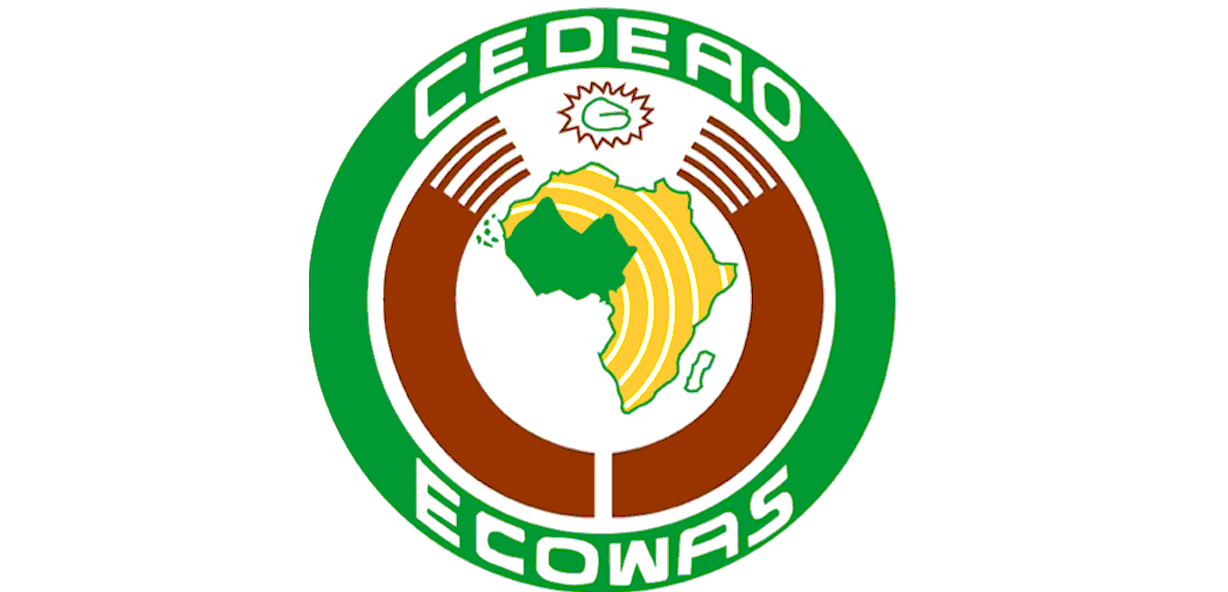Understanding ECOWAS Members: A Comprehensive Guide
ECOWAS members play a vital role in the political and economic landscape of West Africa. The Economic Community of West African States (ECOWAS) was established to promote economic integration and stability among its member countries. In this article, we will explore the ECOWAS members, their roles, and the significance of this organization in enhancing regional cooperation.
The foundation of ECOWAS was laid in 1975, and since then, it has grown to encompass 15 member states. These countries work collaboratively to address common challenges such as trade barriers, political instability, and social issues. Understanding the composition and functions of ECOWAS members is essential for grasping the broader context of West African development.
This article will delve into the history, structure, and objectives of ECOWAS, along with a detailed look at each member state. By the end, readers will have a clear understanding of how these nations work together for mutual benefit and regional progress.
Table of Contents
- History of ECOWAS
- Structure of ECOWAS
- Objectives of ECOWAS
- List of ECOWAS Members
- Roles of ECOWAS Members
- Challenges Facing ECOWAS
- Impact of ECOWAS on Regional Development
- Conclusion
History of ECOWAS
The Economic Community of West African States (ECOWAS) was established on May 28, 1975, by the Treaty of Lagos. The primary aim was to foster economic cooperation and integration among its member states. Over the years, ECOWAS has evolved to address various challenges, from economic disparities to political conflicts.
Initially, the focus was on trade and economic development, but with the rise of political instability in the region, ECOWAS expanded its mandate to include peacekeeping and conflict resolution. The organization played a crucial role in mediating conflicts in countries like Liberia and Sierra Leone during the 1990s.
Structure of ECOWAS
ECOWAS operates through a well-defined structure that includes several key institutions:
- Authority of Heads of State and Government: The highest decision-making body, consisting of the heads of state of member countries.
- Council of Ministers: Comprising ministers responsible for foreign affairs, finance, and other relevant sectors, this council advises the Authority.
- ECOWAS Commission: The executive arm responsible for implementing policies and decisions.
- Community Court of Justice: Ensures the rule of law and protects human rights within the community.
Objectives of ECOWAS
ECOWAS aims to achieve several objectives, including:
- Promoting economic integration and cooperation among member states.
- Enhancing peace and security in the region.
- Fostering social and cultural ties among West African nations.
- Facilitating trade by removing barriers and improving infrastructure.
List of ECOWAS Members
ECOWAS consists of the following 15 member states:
| Country | Capital | Year of Membership |
|---|---|---|
| Benin | Porto-Novo | 1975 |
| Burkina Faso | Ouagadougou | 1975 |
| Cape Verde | Praia | 1975 |
| Côte d'Ivoire | Yamoussoukro | 1975 |
| Gambia | Banjul | 1975 |
| Ghana | Accra | 1975 |
| Guinea | Conakry | 1975 |
| Guinea-Bissau | Bissau | 1989 |
| Liberia | Monrovia | 1975 |
| Mali | Bamako | 1975 |
| Niger | Niamey | 1975 |
| Nigeria | Abuja | 1975 |
| Senegal | Dakar | 1975 |
| Sierra Leone | Freetown | 1975 |
| Togo | Lomé | 1975 |
Roles of ECOWAS Members
Each ECOWAS member state plays a critical role in achieving the organization’s objectives. These roles include:
- Policy Implementation: Member states are responsible for implementing ECOWAS policies at the national level.
- Conflict Resolution: Countries collaborate to mediate and resolve conflicts within the region.
- Trade Facilitation: Members work together to remove trade barriers and promote economic cooperation.
Challenges Facing ECOWAS
Despite its successes, ECOWAS faces several challenges:
- Political instability in member states can hinder cooperation.
- Economic disparities among members may lead to uneven development.
- Security threats, such as terrorism and organized crime, pose significant risks.
Impact of ECOWAS on Regional Development
ECOWAS has had a profound impact on West African development through its initiatives aimed at promoting peace, security, and economic growth. Key impacts include:
- Facilitating free movement of goods and people within the region.
- Strengthening regional trade partnerships.
- Enhancing stability through peacekeeping missions.
Conclusion
In conclusion, ECOWAS members play a crucial role in fostering cooperation and development in West Africa. By understanding the history, structure, and objectives of ECOWAS, as well as the challenges it faces, we can appreciate the significance of this organization in promoting stability and prosperity in the region. We encourage readers to share their thoughts and insights in the comments below and to explore more articles on our site for a deeper understanding of West African affairs.
Thank you for reading! We hope to see you back here for more informative content.
Mastering The Art Of Lever Pronunciation: A Comprehensive Guide
Toby Dobrik: The Rise Of A Social Media Influencer
Nigeria Dress: A Deep Dive Into Traditional Attire


